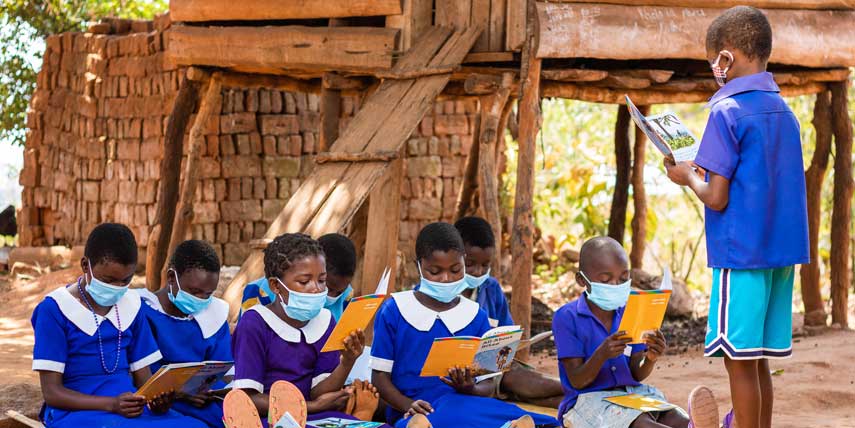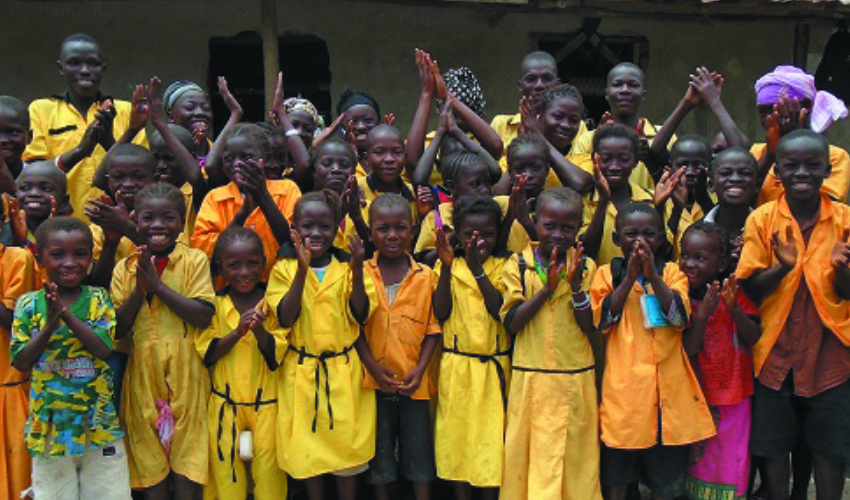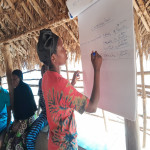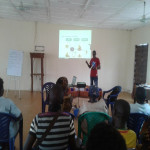Child education in Africa faces various challenges,
but concerted efforts are being made to overcome them and ensure a brighter
future for the continent's youth. Access to quality education, economic
constraints, and cultural factors are some of the key elements influencing the
educational landscape for African children.
1. Access to Education:
In many parts of Africa, access to education remains a
significant hurdle. Remote locations, lack of infrastructure, and inadequate
transportation make it difficult for children to reach schools. Additionally,
the shortage of qualified teachers compounds the issue, limiting the quality of
education available.
2. Economic Constraints:
Poverty is a pervasive challenge affecting child
education. Many families struggle to afford the associated costs of schooling,
such as uniforms, textbooks, and school fees. Economic hardships force some
children into labor to support their families, depriving them of the
opportunity to attend school regularly.
3. Gender Disparities:
Gender inequality persists in many African societies,
impacting access to education. Girls, in particular, face cultural and societal
barriers that hinder their educational pursuits. Efforts are underway to
address these disparities, promoting equal opportunities for boys and girls.
4. Quality of Education:
Ensuring that children receive a quality education is
crucial for their future success. Improving the training of teachers, updating
curriculum standards, and incorporating modern teaching methods are ongoing
initiatives. Technology is increasingly being utilized to bridge gaps in
educational resources.
5. Cultural Influences:
Cultural beliefs and practices can either support or
impede education. Some communities prioritize traditional values over formal
education, leading to a reluctance to send children to school. Advocacy and
awareness programs are crucial in changing perceptions and emphasizing the
long-term benefits of education.
6. Innovations in Education:
Various organizations and governments are implementing
innovative approaches to enhance child education in Africa. Mobile learning
platforms, community-based schooling, and partnerships with NGOs contribute to
expanding educational opportunities.
7. Sustainable Development Goals:
The United Nations' Sustainable Development Goals
(SDGs) include a specific focus on quality education (SDG 4). African
governments are aligning their policies with these goals to drive positive
changes in the education sector.
Conclusion:
While challenges persist, there is a collective
commitment to improving child education in Africa. Addressing issues of access,
economic constraints, gender disparities, and cultural influences requires a
multi-faceted approach involving governments, NGOs, communities, and
international support. By investing in education, Africa can unlock the full
potential of its youth, fostering a generation equipped to contribute to the
continent's development and global progress.








